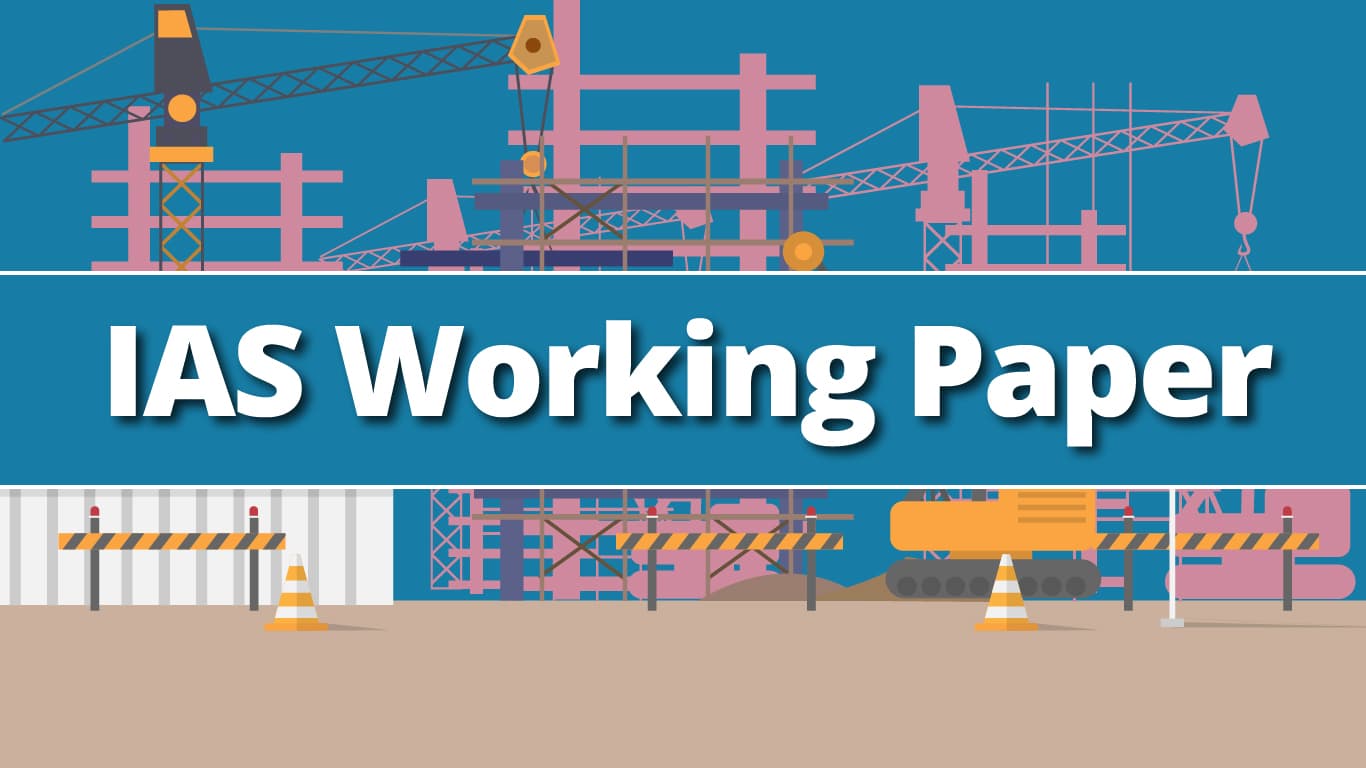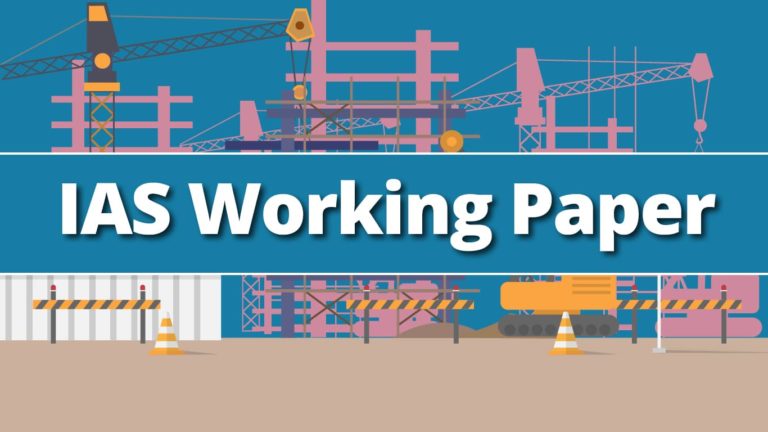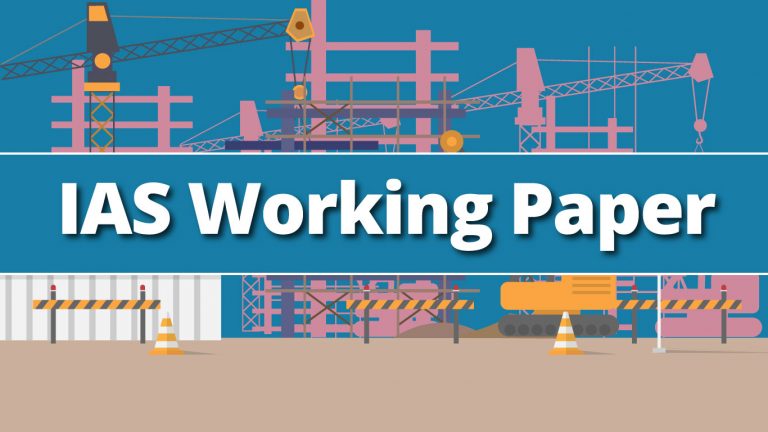The Institute of Asian Studies at Universiti Brunei Darussalam is pleased to announce the publication of IAS Working Paper No 63: How will the COVID-19 pandemic affect the regions? A comparative analysis of the EU and ASEAN by Bruno Jetin. Please see below for details.
Abstract: The COVID-19 pandemic calls for a collective response at the global and regional level. Otherwise, some nations may be left behind and the potential for the contagion to return remains high. As advanced regional blocs, the EU and ASEAN have a major responsibility to their members for coordinating health protection measures and access to vaccines, maintaining the mobility of people and goods, and supporting their economy. The pandemic is therefore a test for regions. They must demonstrate that they are at least making national measures more effective.
This paper seeks to determine whether the EU and ASEAN have passed the COVID-19 test. It does so by analysing their responses in 2020 when the countries were hit by the first wave of contagion. The first section of the paper considers their attitude and action when the initial cases appeared in Europe and Southeast Asia in the early part of 2020. While the second section focuses on vaccines and the policies adopted in each region. The paper concludes that overall, the responses of the two regions to their COVID-19 test were late and insufficient.
Author: Bruno Jetin is Associate Professor and Director of the Institute of Asian Studies, Universiti Brunei Darussalam. Prior to joining UBD, he was researcher at the Institute for Research on Contemporary Southeast Asia (IRASEC, CNRS-MAEE, Bangkok) and Associate Professor at the University Sorbonne Paris Nord where he was Deputy Director and then Acting Director (2010-2012) of the Research Center in Economics. He holds a PhD in economics from the University of Sorbonne Paris Nord.
His current research areas include ASEAN and the Belt and Road Initiative, foreign investment and arbitration in Asia-Pacific, income distribution and growth. He is also an expert of the automobile industry and the electric car.
He has published many articles, edited books, and chapter books for instance: L. Nottage, S. Ali, B. Jetin and N. Teramura (eds.) New Frontiers in Asia-Pacific International Arbitration and dispute Resolution (Kluwer Law International, Alphen aan den Rijn, The Netherlands, 2020); B. Jetin, “One Belt-One Road Initiative and ASEAN Connectivity: Synergy Issues and Potentialities”, in B.R. Deepak (ed.) China’s Global Rebalancing and the New Silk Road (Springer, Singapore, 2017); B. Jetin and M. Mikic (eds.), ASEAN Economic community: a model for Asia-wide Integration? (Palgrave McMillan, 2016); B. Jetin and Luis Reyes (2020), “Wage-led demand as a rebalancing strategy for economic growth in China”, Journal of Post Keynesian Economics 43(3): 341-366; B. Jetin (2020), “Who will control the electric vehicle market?”, International Journal of Automobile Technology and Management, 20(2): 156-177.
To see more IAS Working Papers, please visit the IAS Working Papers web page.




